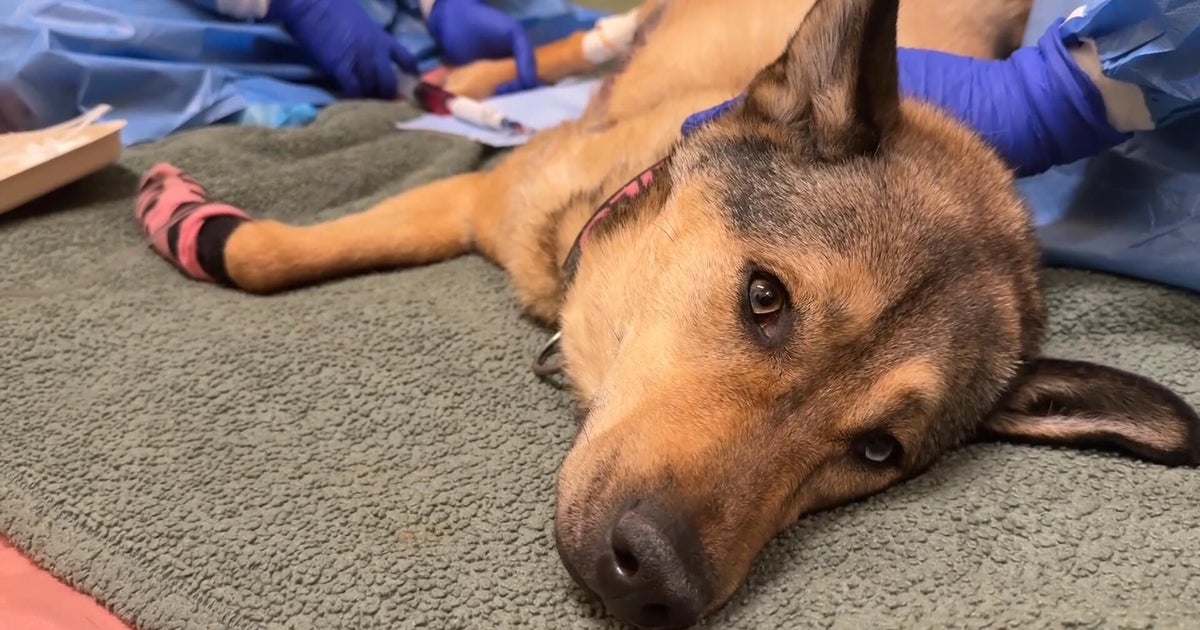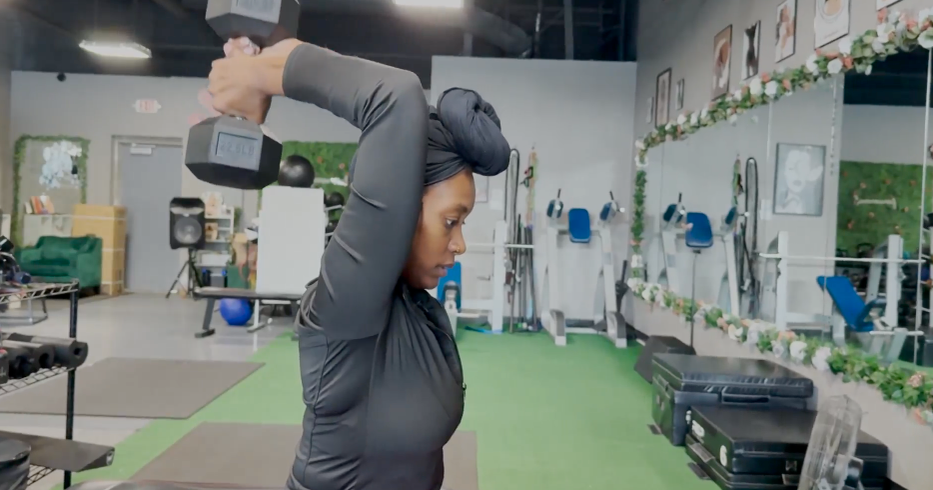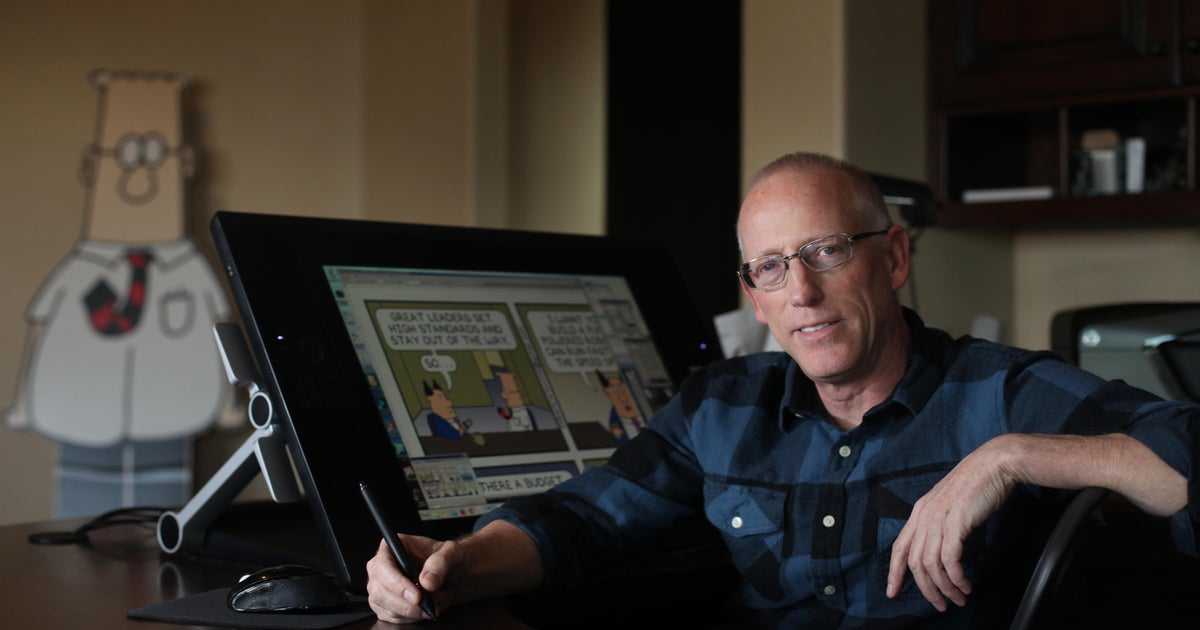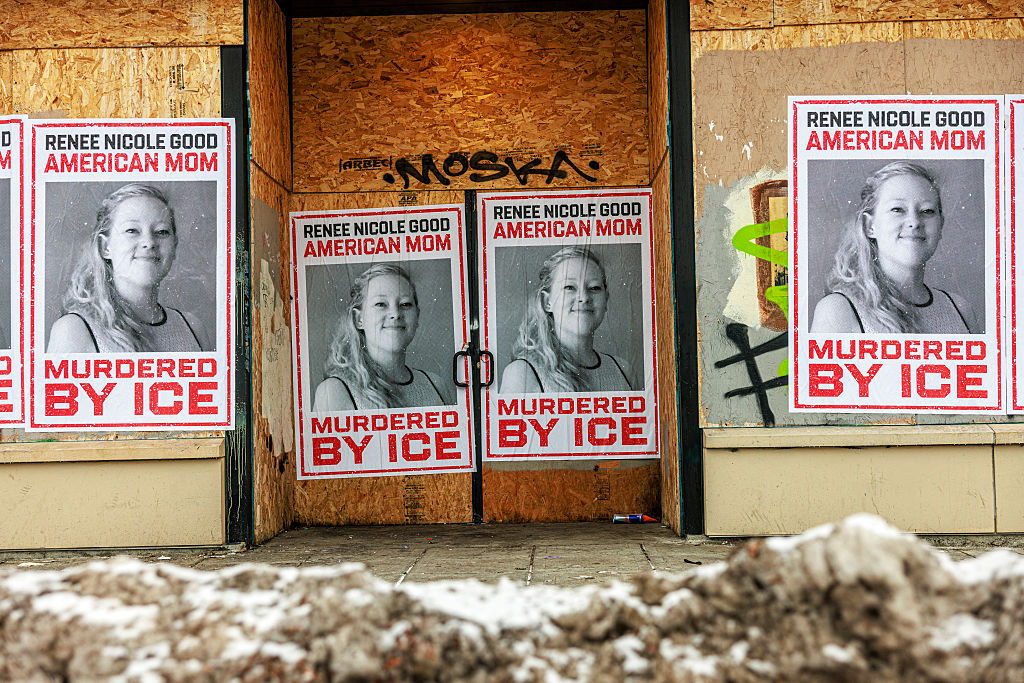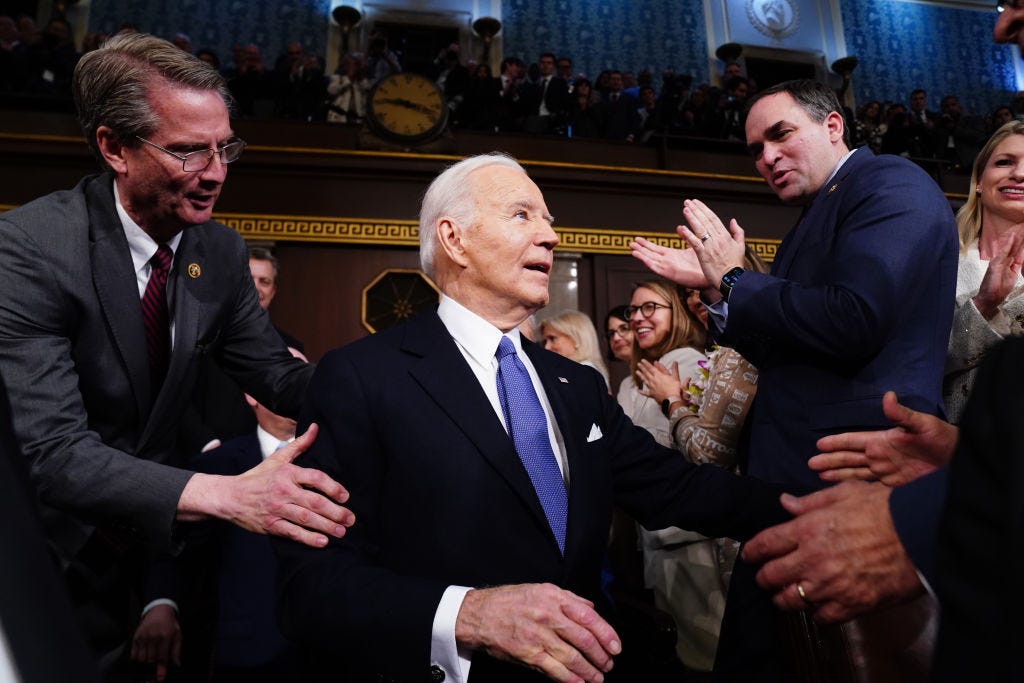Could an eye test help detect Alzheimer's disease?
Ninety-seven-year-old Scott Hughes and her identical twin sister Virginia were always close. When Virginia started having trouble with her memory and thinking, Scott knew something wasn't right. Virginia was later diagnosed with Alzheimer's disease.
"It was heartbreaking because she was so outgoing and loving," Scott Hughes told CBS News. "She wasn't going to be who she was before. And that is tragic to see in someone you love."
With one twin having Alzheimer's and the other healthy, researchers at Duke Eye Center who are studying the link between eye and brain health thought the sisters were a good case to examine.
They took images of their eyes and discovered the twin with Alzheimer's disease had significantly decreased blood vessel density in the retina. That finding spurred a new study of more than 200 people.
"Cognitively normal, healthy individuals do not have these changes in their retina," explained Dr. Sharon Fekrat, an ophthalmologist at Duke Eye Center and author of the study.
She and her team found microscopic blood vessels formed in a dense web at the back of the eye, inside the retina, in 133 of the study's healthy participants. But in the eyes of 39 people living with Alzheimer's disease, that web was less dense and even sparse in places. The findings were published in the journal Ophthalmology Retina.
Fekrat says the eyes may be a window to our brain health. "These changes happening in the retina in the eye may actually mirror the blood vessel changes happening in the brain of individuals with Alzheimer's disease," she said.
Researchers say they plan to study people who have a genetic risk for Alzheimer's but don't have symptoms to see they may be able to predict the development of the disease.
Virginia Hughes passed away 14 months ago. "Every night after dinner we had a conversation," her sister recalled. "Sometimes she would be able to respond and sometimes she wouldn't but she always knew that sister was calling."
Scott Hughes says she's grateful she and her sister had a chance to contribute to the research together.

